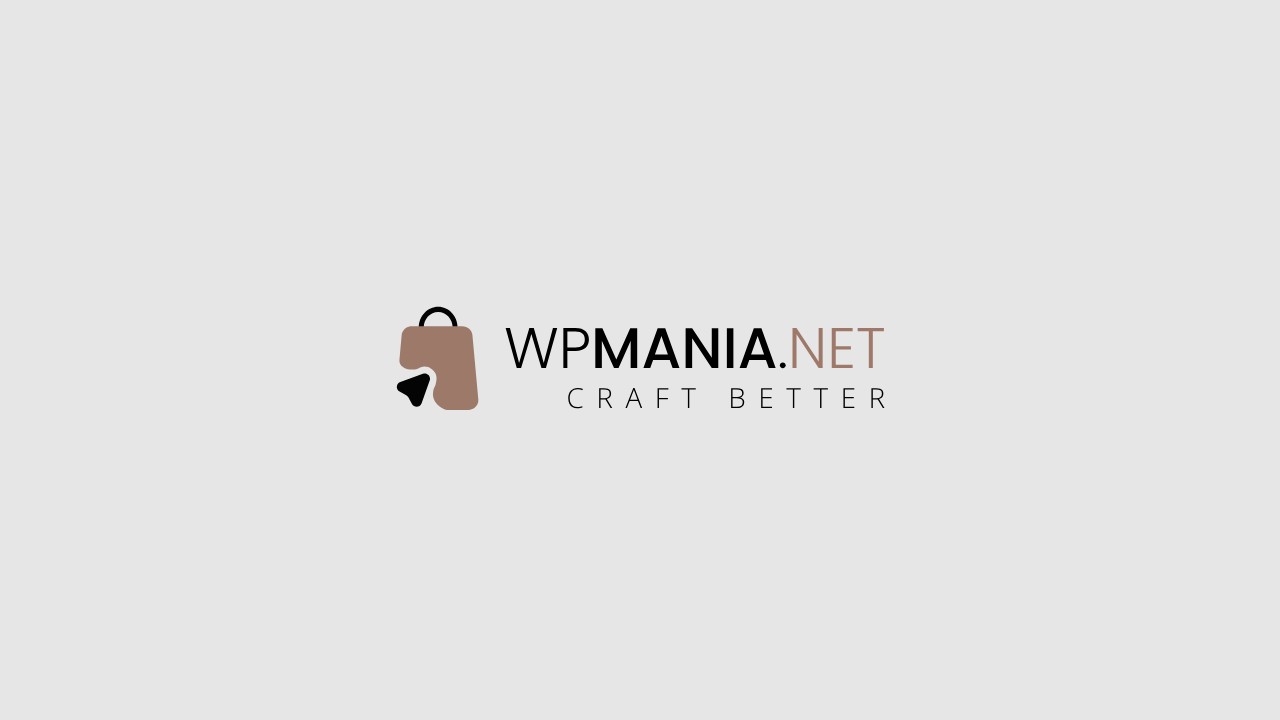The WordPress community is a dynamic and expansive ecosystem, a vibrant hub for users, developers, and enthusiasts. However, like any large and diverse community, it faces its fair share of challenges. In this comprehensive guide, we will delve deeply into the most pervasive issues that the WordPress community encounters and provide robust solutions to tackle them head-on. Our overarching goal is to foster a community that is not just supportive and inclusive but also continually evolving and thriving, ensuring that WordPress remains a cornerstone for all.
Section 1: Accessibility and Inclusivity
Common Issues:
- Inaccessible Themes and Plugins: A prevailing issue is the lack of accessibility features in many themes and plugins, resulting in exclusion for users with disabilities.
- Language Barriers: Non-English speakers often encounter difficulties when searching for resources and support in their native languages.
- Diversity Gaps: The underrepresentation and scarcity of diverse voices within the community can hinder inclusivity and growth.
Solutions:
- Advocate for Accessibility: Promote and prioritize the integration of accessible design elements, encouraging theme and plugin developers to adopt accessibility as a core feature.
- Multilingual Support: Develop, endorse, and sustain multilingual resources, documentation, and support forums to assist non-English speakers.
- Embrace Diversity: Take an active role in supporting initiatives aimed at promoting diversity, equity, and inclusion within the WordPress community.
Section 2: Security and Privacy Concerns
Common Issues:
- Security Vulnerabilities: Themes, plugins, and WordPress websites often fall prey to security breaches and attacks, posing significant threats.
- Data Privacy Concerns: Users are increasingly concerned about the privacy and safeguarding of their personal data when interacting with WordPress websites.
- Lack of Security Awareness: A substantial portion of users and developers remains unaware of best security practices, making them susceptible to threats.
Solutions:
- Regular Updates: Emphasize the critical importance of routinely updating WordPress core, themes, and plugins to patch vulnerabilities and enhance security.
- Security Plugins: Promote and recommend the use of well-established security plugins to fortify the security of WordPress websites.
- Educational Resources: Offer readily accessible educational resources, such as articles, tutorials, and webinars, to elevate security awareness within the WordPress community.
Section 3: Support and Documentation
Common Issues:
- Incomplete or Outdated Documentation: Users and developers frequently encounter frustrating experiences due to inadequate or obsolete documentation.
- Slow Response Times: Delayed responses in support forums and communication channels can hinder issue resolution, creating dissatisfaction among users.
- Language Barriers: The absence of comprehensive support in multiple languages presents a formidable challenge for a globally diverse community.
Solutions:
- Community Contributions: Actively encourage and facilitate community members in contributing to official documentation to ensure its relevance and accuracy.
- Responsive Support: Advocate for and practice timely, helpful, and empathetic responses in support forums, chat, and other communication channels.
- Multilingual Support: Foster and coordinate efforts to translate essential documentation and support resources into multiple languages to serve a broader user base.
Section 4: Community Engagement
Common Issues:
- Miscommunication: Misunderstandings, misinterpretations, and communication gaps can lead to conflicts and issues within the community.
- Negative Interactions: Trolling, negativity, and hostile behavior discourage healthy community engagement and collaboration.
- Inclusivity Challenges: Ensuring that all voices, regardless of background or experience, are heard and valued presents ongoing challenges.
Solutions:
- Effective Communication: Cultivate a culture of transparent, respectful, and open communication within the community, encouraging active dialogue and conflict resolution.
- Code of Conduct: Implement and rigorously enforce a code of conduct that not only encourages inclusivity but also sets clear expectations for respectful behavior and consequences for violations.
- Community Building: Organize and support community-building activities, including local meetups, online events, workshops, and initiatives aimed at fostering collaboration, mentorship, and inclusivity.
The lifeblood of the WordPress community lies in its resilience and its ability to confront and overcome challenges as a collective. By acknowledging and proactively addressing the common issues outlined in this comprehensive guide, we can collaboratively shape a more vibrant, inclusive, and supportive WordPress community. Our shared commitment to these solutions ensures that WordPress continues to thrive as a central platform for users and developers worldwide. Together, we build not just websites but a more enriching and collaborative WordPress experience for all.


